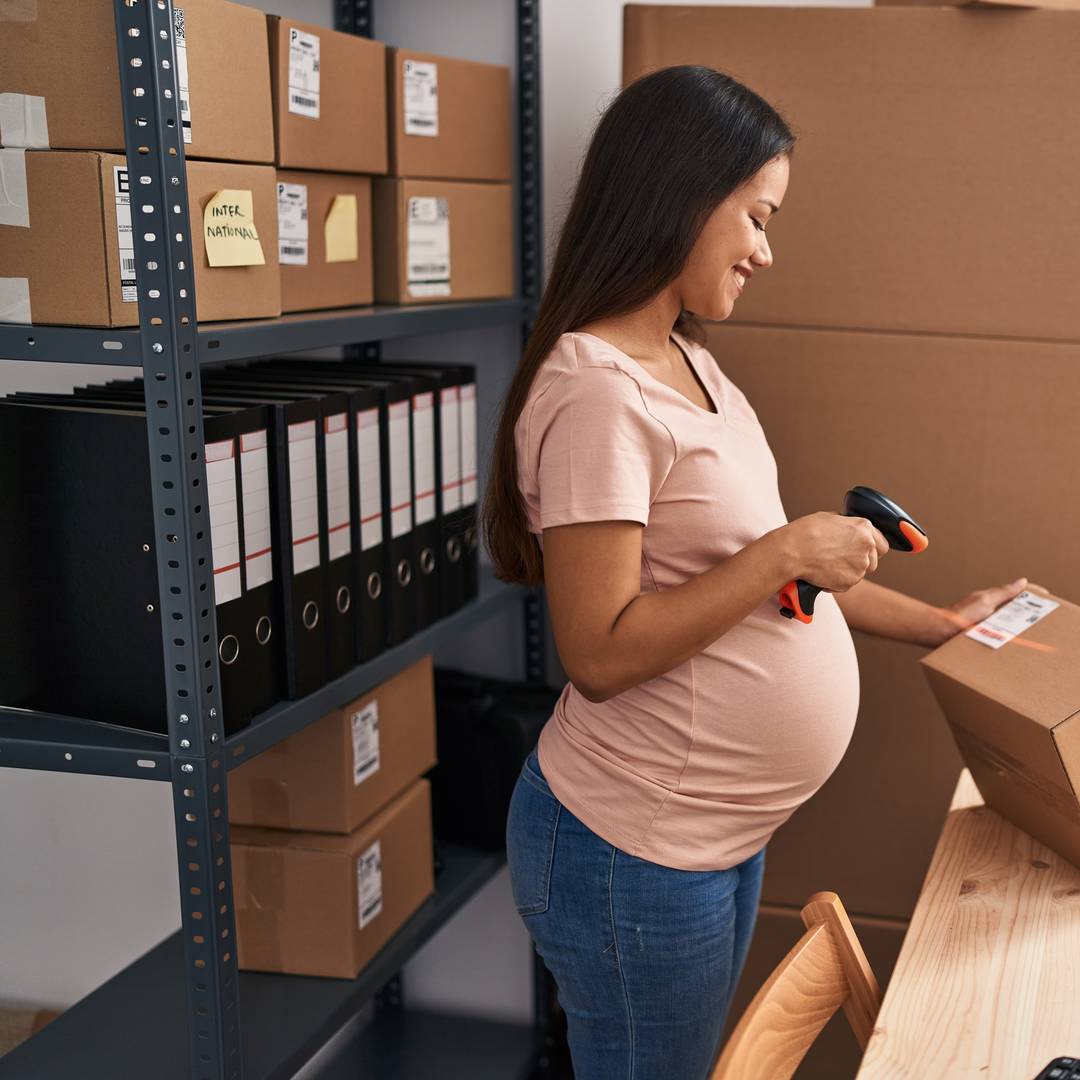Two new family-friendly employment Bills have reached Royal Assent and became law recently. These Bills are the Protection from Redundancy (Pregnancy and Family Leave) Act 2023, and the Neonatal Care (Leave and Pay) Act 2023. The government is still to draft legislation outlining how these Bills will be implemented in practice and when they would be enforced, however it comes as a welcome relief to eligible new working parents.
Protection from Redundancy (Pregnancy and Family Leave) Act 2023
The Protection from Redundancy (Pregnancy and Family Leave) Act 2023 protects eligible pregnant employees and those returning from family leave (Maternity Leave, Shared Parental Leave and Adoption Leave) in the event of redundancy.
What are the new redundancy protection rights?
Currently, employees who are on Maternity, Adoption or Shared Parental Leave have the right to be prioritised for any suitable alternative vacancies when employers are going through a redundancy exercise. The new Bill extends this priority protection to those who are pregnant, an employee who has recently experienced a miscarriage and those returning from parental leave. These proposed measures are designed to tackle pregnancy discrimination and the disadvantages those returning from family leave are reported to have experienced in the workplace.
Who benefits from these new rights?
Redundancies usually only affect employees working in permanent roles, and eligible permanent employees would benefit most from this new Bill. However, if you’re a temporary or agency worker, it’s important to remember that it is still unlawful for your agency or employer to treat you unfavourably for jobs if you’re pregnant, have recently given birth or are breastfeeding. This would be classified as discrimination.
Neonatal Care (Leave and Pay) Act 2023
The Neonatal Care (Leave and Pay) Act 2023 aims to provide additional leave and pay for eligible employees with babies who are receiving neonatal care. For parents who meet the qualifying criteria, it will offer up to 12 weeks of extra leave and pay. This provides needed time for parents with their babies if they are born prematurely or sick without the worry of returning to work.
What would be the qualifying criteria for these neonatal care rights?
- You are classified as an employee.
- You meet the minimum service and earning requirements – to be eligible for paid family leave, it’s usually required that you would have worked at the same employer for at least 26 weeks.
- Your baby receives neonatal care in a health setting for more than seven days before they’re 28 days old.
Whether you are classified as an employee or a temporary/agency worker, by law you cannot work during the first two weeks after giving birth – whether your baby is receiving neonatal care or not. If you usually work in a factory setting, you wouldn’t be able to work for four weeks after birth.

Understanding your rights
Your entitlement to any family-related leave or pay will depend on your employment status, the length of time you have worked at an employer and your usual earnings. If you are ever unsure about what you are entitled to, speak to your employer or recruitment consultant who will be able to advise.

